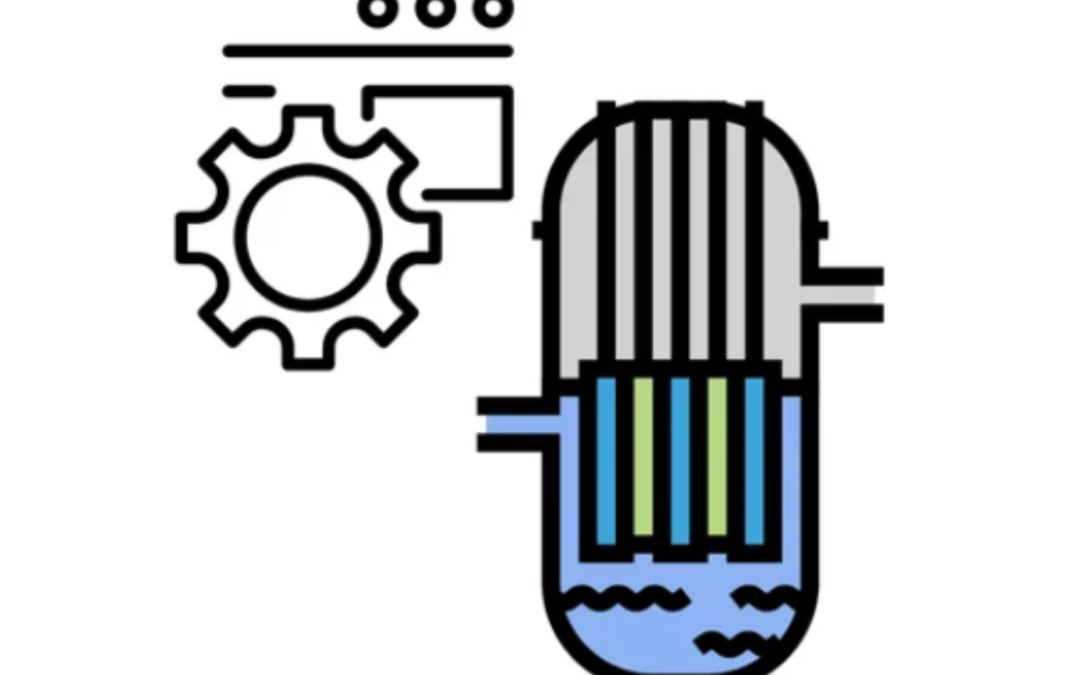April, 2024 (M18 of the project) is a stepping stone for METHAREN; three main work packages (WPs) have indeed reached a first validation step. In particular:

– WP2: CEA-Liten and GazoTech evaluated the poperties of the syngas and ash agglomeration propensy in the gasification plant through both experiments and simulations, depending on the feedstock and its preparation. Based on collaborative work, they can operate the GazoTech’s gasification pilot with an oxy-steam mixture as oxidation agent.
An experimental study has been performed on the impacts of varying amounts of oxygen and steam in the outlet of the gasifier. Based on gas analyses and material balance calculations, they were able to determine the composition and quantity of syngas. The oxy-steam mixture improved the quality of the syngas in terms of H2 content, resulting in an almost doubling of the syngas high heating value. Results will serve as basis for designing the whole gasification process at a later stage;
– WP3: CEA-Liten validated a lab-scale methanation reactor, with very satisfying results. The main results and objectives achieved include the definition of the nominal conditions for reactor operation; the evaluation of the reactor performances under different operating conditions modes; the definition of the optimised operating conditions for the later on-site operation. Additionally, POLITO studied the activity of the methanation catalyst under CO and CO2 mixed conditions and evaluated its stability against the presence of potential pollutants in the feed. After an extensive experimental testing campaign, the group of catalysis at Politecnico di Torino managed to fully characterize the METHAREN catalyst in terms of activity towards CO2 and CO methanation over a wide range of conditions to be experienced in the final plant, as well as in terms of stability against temperature and selected pollutants. Concerning gas separations, Hysytech worked on membranes sizing and the recyling process, while IKTS focused on the CO2 separation from syngas, and the possibility to implement a small-scale module on the demonstration site. All results will be used for designing the on-site methanation system, as well as to validate the reactor system model.
– WP4: EPFL developed and validated i) an Enegery Managment Software for intermittency management, with first scenarios generated; ii) a digital twin of the Solid Oxide Electrolysis Cell system, validated using literature data.
–WP5: The process scheme for the METHAREN pilot plant has been defined. Technip Rome, in collaboration with the project partners, have worked on the process scheme defined during the basic design phase in order to optimize the system to fit within the project budget and the space available for the pilot plant installation. The integration of each METHAREN pilot plant bricks (electrolyzer, gasification, methanation) has been completed.
For most of these WPs, another milestone is foreseen at M24 for providing the final designs of the METHAREN pilot plant. Stay tuned!


Thank you for your sharing. I am worried that I lack creative ideas. It is your article that makes me full of hope. Thank you. But, I have a question, can you help me?
Can you be more specific about the content of your article? After reading it, I still have some doubts. Hope you can help me.
Your article helped me a lot, is there any more related content? Thanks!
Your article helped me a lot, is there any more related content? Thanks!
Your point of view caught my eye and was very interesting. Thanks. I have a question for you.
Your point of view caught my eye and was very interesting. Thanks. I have a question for you.
Thank you for your sharing. I am worried that I lack creative ideas. It is your article that makes me full of hope. Thank you. But, I have a question, can you help me?
Thank you for your sharing. I am worried that I lack creative ideas. It is your article that makes me full of hope. Thank you. But, I have a question, can you help me?
Thank you for your sharing. I am worried that I lack creative ideas. It is your article that makes me full of hope. Thank you. But, I have a question, can you help me?
Thank you for your sharing. I am worried that I lack creative ideas. It is your article that makes me full of hope. Thank you. But, I have a question, can you help me?
I don’t think the title of your article matches the content lol. Just kidding, mainly because I had some doubts after reading the article.
Thanks for sharing. I read many of your blog posts, cool, your blog is very good.
Thanks for sharing. I read many of your blog posts, cool, your blog is very good.
Can you be more specific about the content of your article? After reading it, I still have some doubts. Hope you can help me.
I don’t think the title of your article matches the content lol. Just kidding, mainly because I had some doubts after reading the article.
Can you be more specific about the content of your article? After reading it, I still have some doubts. Hope you can help me.
Your article helped me a lot, is there any more related content? Thanks!
Can you be more specific about the content of your article? After reading it, I still have some doubts. Hope you can help me.
Your article helped me a lot, is there any more related content? Thanks!
Your article helped me a lot, is there any more related content? Thanks!
I don’t think the title of your article matches the content lol. Just kidding, mainly because I had some doubts after reading the article.
Your point of view caught my eye and was very interesting. Thanks. I have a question for you. https://www.binance.com/cs/register?ref=S5H7X3LP
I don’t think the title of your article matches the content lol. Just kidding, mainly because I had some doubts after reading the article.
Your article helped me a lot, is there any more related content? Thanks!